Project News ·
Latest News from the Leaf to Reef Research Team
Part of our Reef Islands initiative, the Leaf to Reef team has wrapped up its first research trip to Lady Elliot Island for 2021. Led by the University of the Sunshine Coast, our researchers are happy to report this incredible marine haven on the southern tip of the Reef is teeming with marine and island life.
Leaf to Reef is an intensive research project that aims to understand how well the island is likely to respond to the impacts of climate change. Here’s a summary of the team’s latest activities on the island.
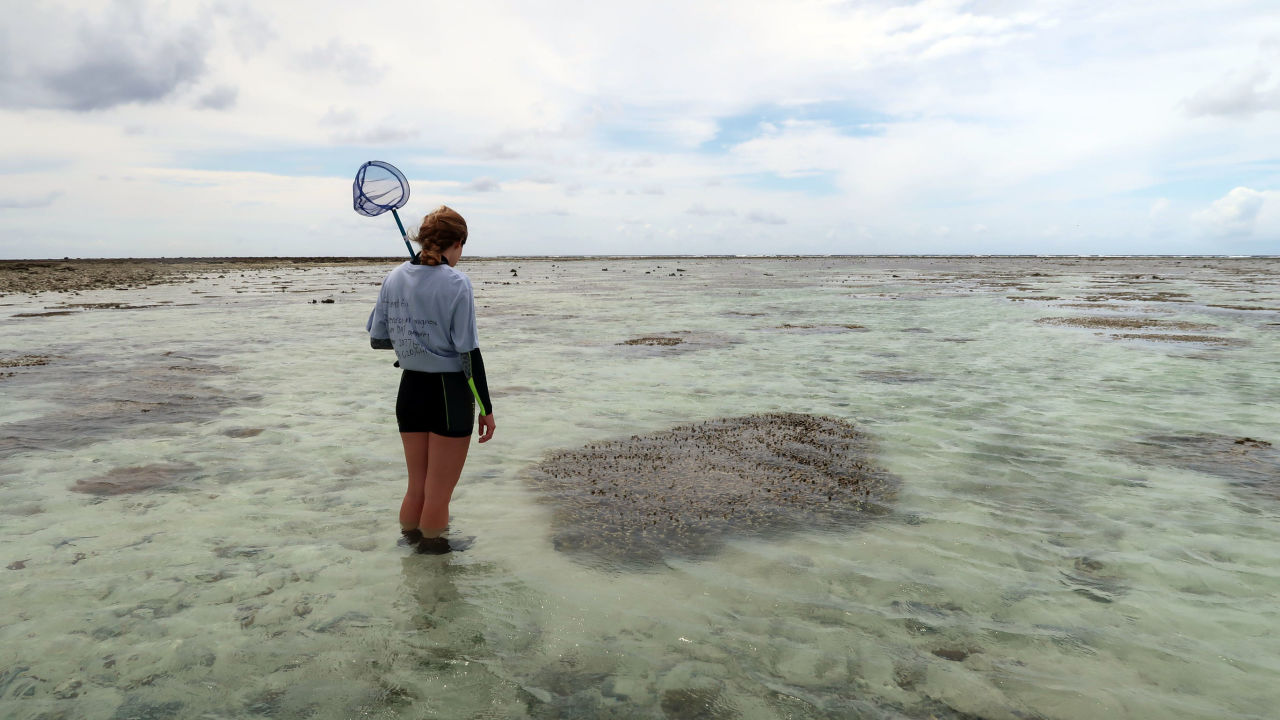
#Understanding the Reef and waters of Lady Elliot Island
Bioblitz
The team took photos of a variety of marine species to catalogue all the vertebrate biodiversity found in these waters.
This will provide us with a baseline dataset to understand what species are currently found around the island and monitor any shifts that may occur under a changing climate.
Turtle health
To understand the region’s turtle population, the team caught and tagged 20 juvenile green turtles and three hawksbills turtles. They took genetic samples from each and carried out health assessments.
Manta rays
Project Manta east coast database and has been seen over 50 times in these waters since his first sighting in 1982. He was already a mature male then, so he is probably at least 50 years old now – making him the oldest recorded manta ray in the world.
#Understanding how the island supports the Reef
Water sampling
Groundwater on the island provides an essential link between island nutrients, derived mostly from birds, and the surrounding reef. During each trip, we undertake a comprehensive water sampling regime to understand this link. This research allows us to measure and understand how the extensive rehabilitation work on the island is helping to improve the health and biodiversity of the Reef.
Listening to the reef
We deployed four acoustic listening stations around the island to monitor tagged animals that come within range of the island. This will feed into the connectivity component of our work and will monitor animals that we intend to tag on future trips.
We have also deployed an underwater Soundtrap, connected to one of the island moorings, which enables us to “listen” to the reef. This device can pick up on noise from Reef inhabitants and detect rare animals that may be passing by such as dwarf minke whales and dolphins. This information will feed into our Bioblitz data collection to help identify more cryptic or elusive species that are found in the island’s waters.
Bird counts
Each time the team visits the island we do comprehensive bird counts to determine the species diversity throughout the seasons, as well as the abundance of birds on the island (and the subsequent nutrient loads).
The team was thrilled to discover one of Marshmallow’s parents back on the island again this time, after discovering the rare family last year. Marshmallow is a red-tailed tropicbird chick found on the island by the research team in 2020. Rarely seen on land, the endangered seabird species spends most of its life at sea, only venturing on land to nest and raise its young. The team discovered that a parent of this chick – the youngest in the nests, a gorgeous fluffy white bird nicknamed Marshmallow – already had a tag. After hunting through old records, the team learnt that this parent was tagged as a chick on Lady Elliot Island 23 years ago, and may be the oldest known breeding individual in the world.
Spotting Silvereyes
During this trip the team concentrated on monitoring and recording silvereyes, the island’s tiny green songbirds. The team took genetic samples to determine how connected they are to other islands and the mainland and also recorded their mesmerising song.
#What’s next?
The Leaf to Reef team will be back to discover more about Lady Elliot Island in June.
Pioneered by the Great Barrier Reef Foundation, the Reef Islands Initiative is supported by funding from Lendlease, the Australian Government’s Reef Trust, the Queensland Government and the Fitzgerald Family Foundation.
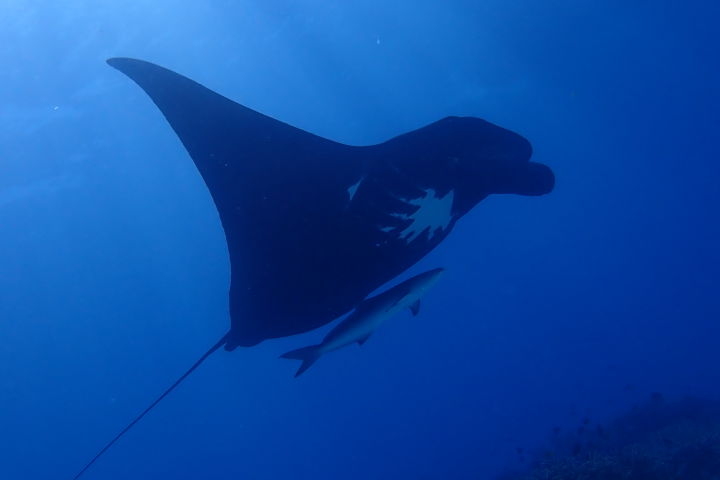
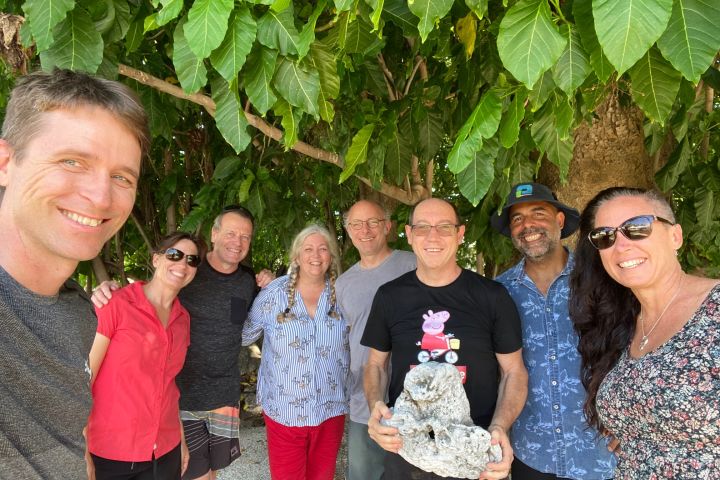
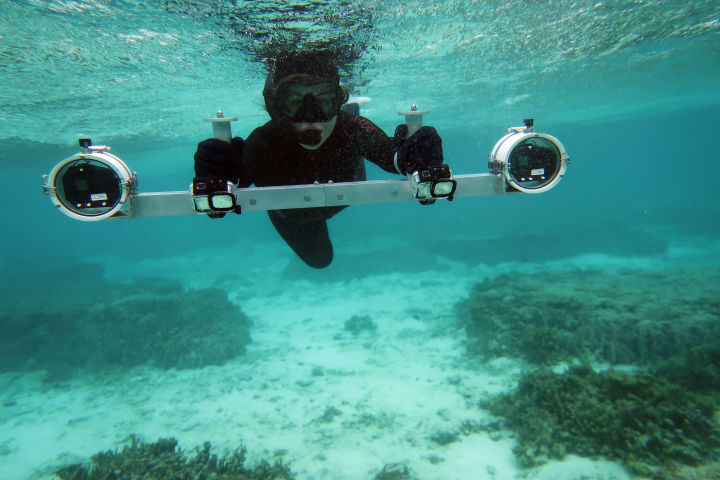
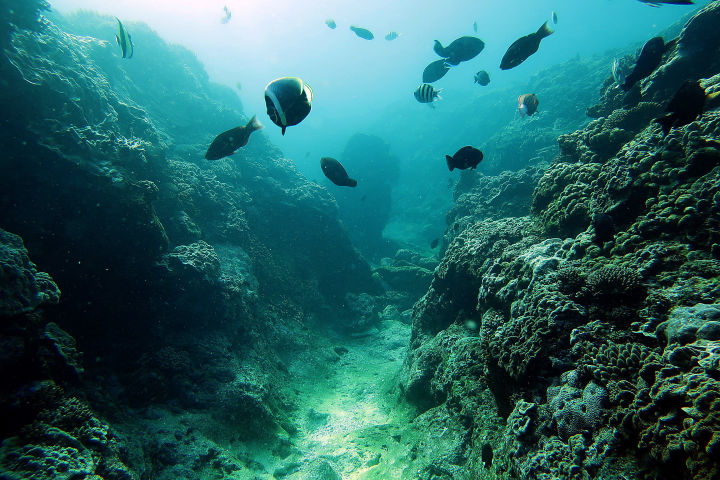
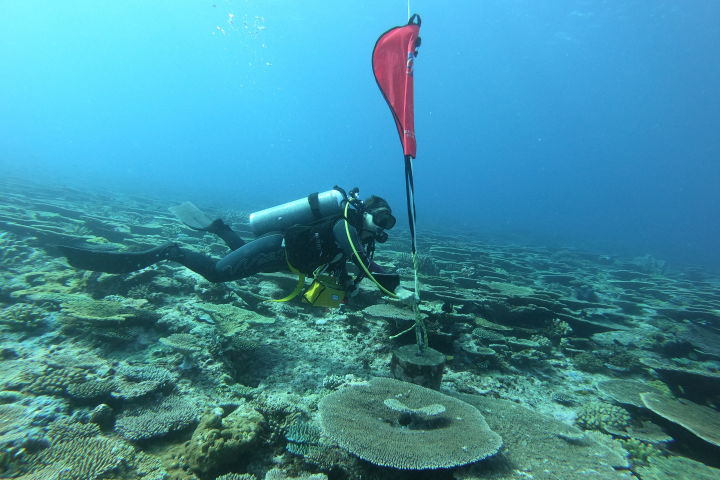
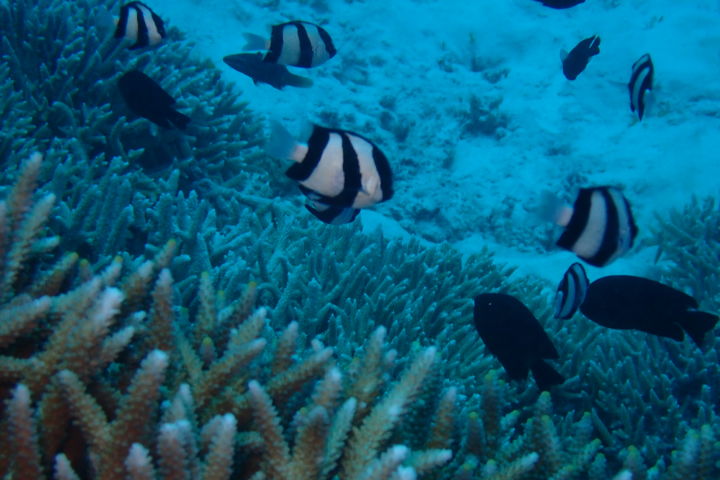
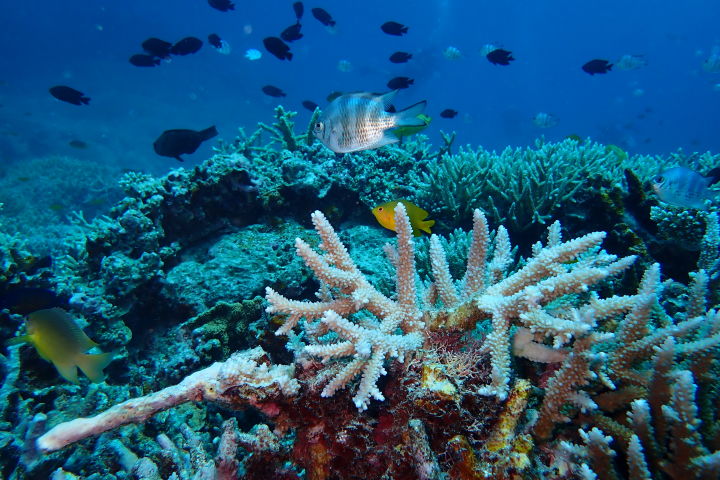
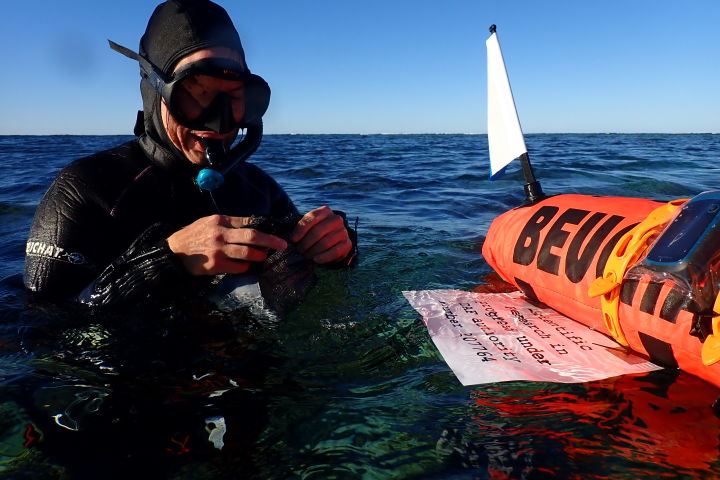
#Related

Project News ·
Community at the forefront of Reef water quality protection

Project News ·


